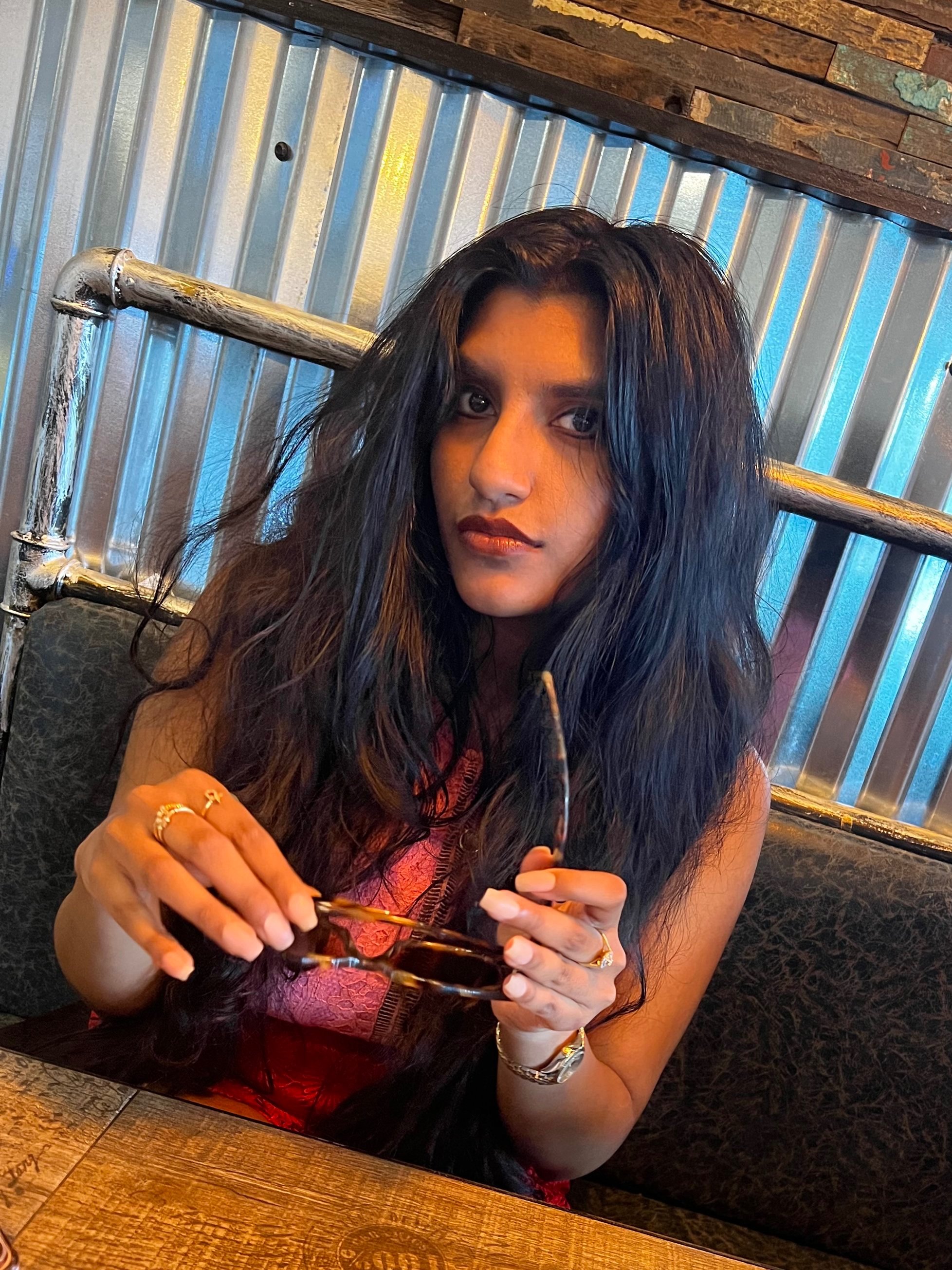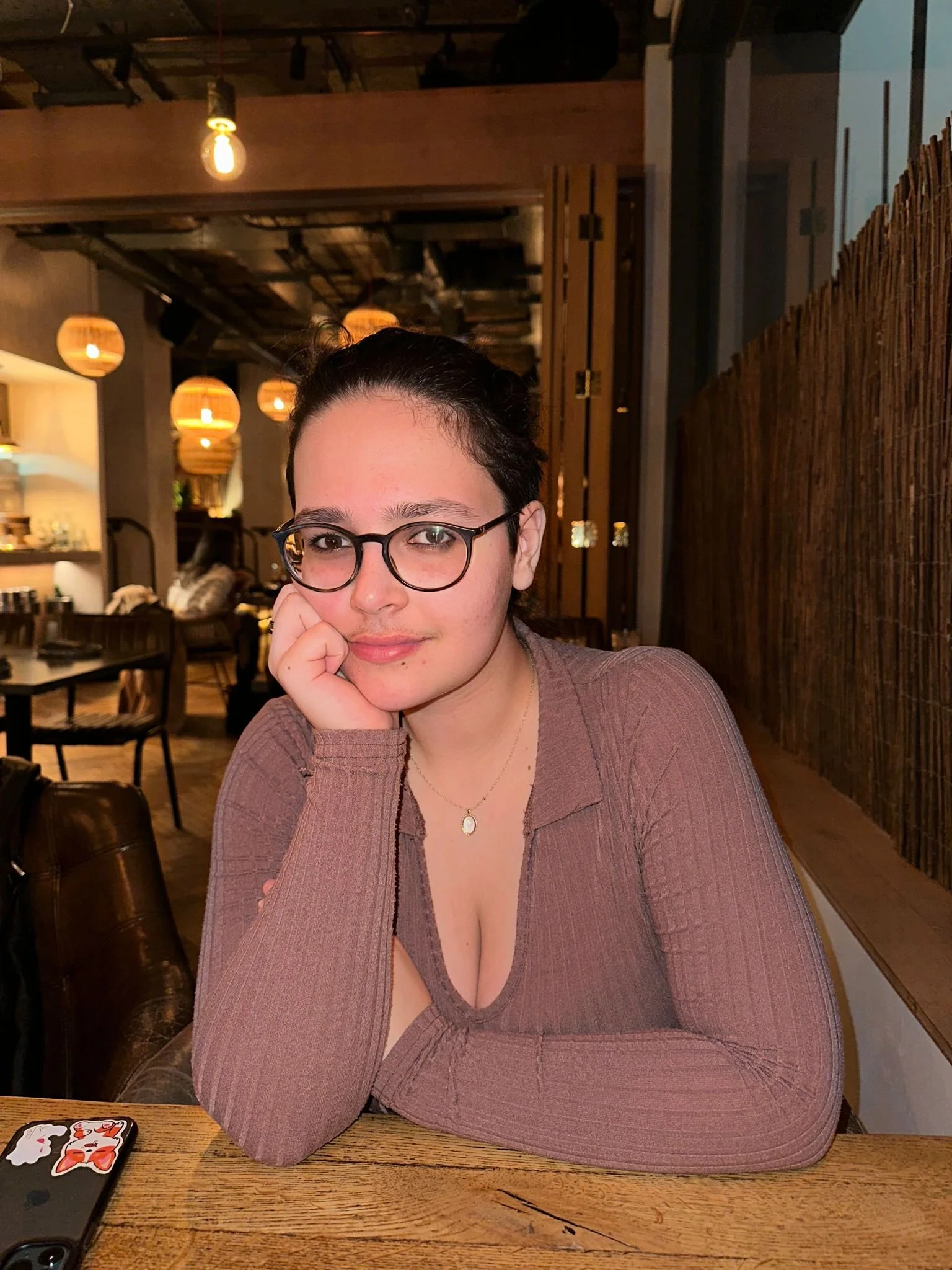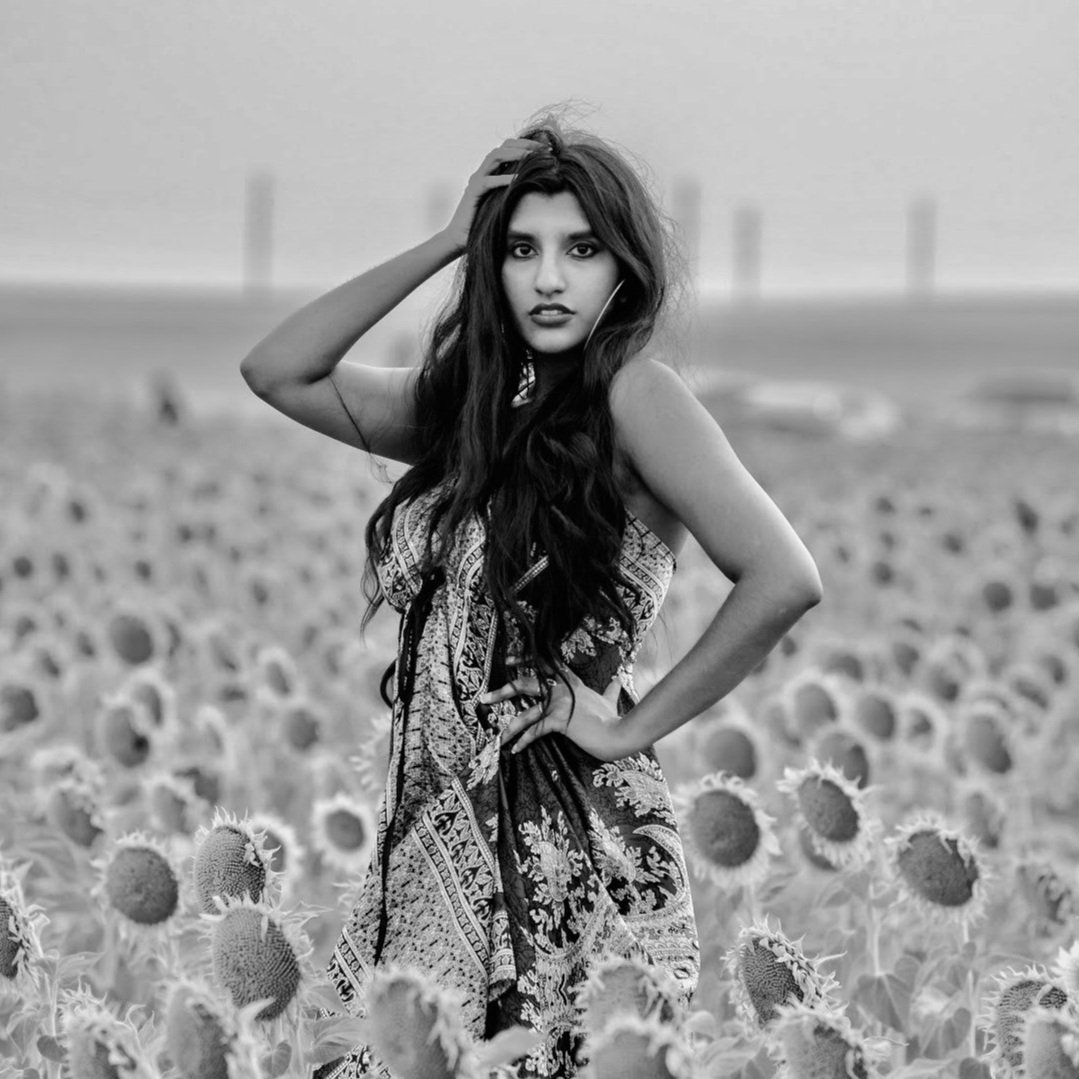WHO ARE WE?
Founded in 2023 at Harvard Medical School by Sahana Narayan, an award-winning journalist, public health scholar, and aspiring physician, the 11 Seconds Magazine believes in listening to stories that are not always heard. As a medical literary magazine focused on ‘women's health’ and wellness, and all of the many dimensions underlying it, we want to capture the experiences of new and old thinkers, writers, and artists.
WHY 11 Seconds?
“Our study found that physicians interrupted patients after a median of only 11 seconds.”
— Phillips et al., 2019, Journal of General Internal Medicine
The 11 Seconds Magazine is not in the business of placing blame where it is not due; it takes two to tango. As such, we hope to start the conversation around, well, the fact that we aren't having one at all. If 11 Seconds represents not just how patients feel when they aren’t being listened to, but also, how doctors are not given enough time with patients, how quickly can we spark change in response to it? With time as a commodity in the medical system, if we embark on this journey together, we must ask ourselves this: what can we do with 11 seconds? Now, we don't mean to sound absurd, as 11 seconds is hardly any time to do anything. Nonetheless, the question still stands.
To us, 11 seconds = the opportunity to change. The time is now. Whether you’re a patient, a provider, or somewhere in the nebulous in-between, 11 Seconds Magazine wants to hear from you. What makes your heart sing or your blood boil? The entirety of the medical encounter, from start to end, is brimming with stories. It is stories, after all, that birth and rebirth medicine. We are nothing without them. Help us tell yours.
Why “Women’s Health?”
The beauty of the story is that it is the most fundamental attribute of humankind; there is a beginning, middle, and end, and it is up to the speaker and the listener to decide where each part goes. Even the etymology of story, as having Latin, Greek, and French origins, tells us something critical about how we communicate across time, space, and bodies — stories follow us where we go.
But “women’s health” as a colloquialism for the practices of obstetrics and gynecology is inherently reductionist; it does not adequately include all those who may seek OB/GYN care, those who may not identify as female, nor does it openly acknowledge that gender is a social construct; sexual identity and orientation is far more complex that the limitations often imposed in this binary approach. That being said, this magazine is uniquely positioned to explore the nexus of race and gender, as it aims to question the historical underpinnings of a woman’s identity and its link to hysteria, shame, and disbelief. The 11 Seconds Magazine in no way wants to approach this topic lightly, or in a reduced capacity. Rather, we hope by acknowledging this crucial history, one that overlaps significantly with power and gender as traditionally conceptualized, we open the box further and discover (together) what narratives really exist out there.
We want all of your stories, good and bad and ugly. We want your stories even if you’re not sure how they “fit” into “women’s health,” because you know what? Nobody really knows what “women’s health” is supposed to mean anyways. Let’s figure it out together, and if that requires some redefining, so be it.
Meet the Editorial Board
-
Founder and Editor in Chief
Sahana is an award-winning journalist, public health scholar, and aspiring physician. She is particularly passionate about recentering both the patient and their story (narrative humility, anyone?) in medical encounters, especially as she aspires for a career in maternal-fetal medicine and surgery. Her interests in maternal and reproductive health, and the ways in which various systems, be it social, political, legal, or economic, affect the body were the impetus for this magazine. She holds an MS Harvard Medical School with a concentration in media, medicine, and health and an MSPH in Sociomedical Sciences from Columbia University.
-
Digital Content Editor
Kira Zizzo seeks to shed light on overlooked narratives and highlighting the experiences of women from all walks of life.
As a student at the University of Notre Dame, Kira is pursuing a major in Marketing and Visual Communication, with a minor in Journalism and Democracy. Her academic pursuits and extensive experience in journalism have primed her with a deep understanding of how to effectively communicate stories in the digital age.
Kira is committed to using this platform to empower women and promote diversity and inclusion. Through her work, she aims to challenge societal norms, break down barriers, and foster a more equitable and inclusive world.
-
Creative Content Editor
Alex has just completed their final year studying Global Health at King’s College London (KCL). Throughout the degree, they specialised in neuroscience and took a liking to biotechnologies, specifically assistive reproductive technology (ART). During these studies, Alex began to delve deeper into reproductive rights, justice and technologies, combining their more scientific and policy background with gender studies. They hope to continue their research by contributing to the 11 Seconds Magazine, helping to raise awareness surrounding topics such as abortion legislation, discourses of motherhood, LGBTQ+ rights and reproductive labour. Alex is also the Editor-in-Chief of Neurosphere, an academic journal originally founded at KCL, focusing on publishing the newest neurological research.
-
Visual Content Editor
Liz Zonarich is a graphic designer and illustrator based out of Boston, MA. As a recent graduate of the Master of Science Media, Medicine, and Health program at Harvard Medical School, she loves to convey public health messaging through visuals. Her background is in graphic design, public health, and art history. When she is not working, she if often day dreaming in museums.
In Conversation with the Founder & Editor-in-Chief, Sahana Narayan:
“The 11 Seconds Magazine was born out of my love for storytelling. My own love for it started when I was just seven, where me and my pink pen would spin stories like sugar-spun cotton candy, sweet, decadent, and far too fluffy for my own good. Fluff turned into fiction and into fact, and my love for storytelling grew, colliding with my love for medicine, as I firmly believe that there is no field of study that relies on the art of the story as much as medicine does. From start to finish, the patient-provider encounter relies on stories, from diagnostics, to treatment, to caregiving.
Stories often implore us to explore the inner workings of relationships and identities — they allow us to question if we can ever fully capture the lived experience, or perhaps more accurately, if we are ever even supposed to. If we are to forge ahead, as writers, thinkers, scholars, improving health outcomes relies on our better understanding of the story of medicine. There is something still so magical to me about the written word, specifically, as a way for us to spin tales and juggle plot until we are breathless. I hope you find that love, too. Most of all, I hope I can make you fall in love with wanting to better the practice of medicine, the provision of care, and the day-to-day conversations, and if that is through this magazine, then all the better.” — Sahana Narayan






